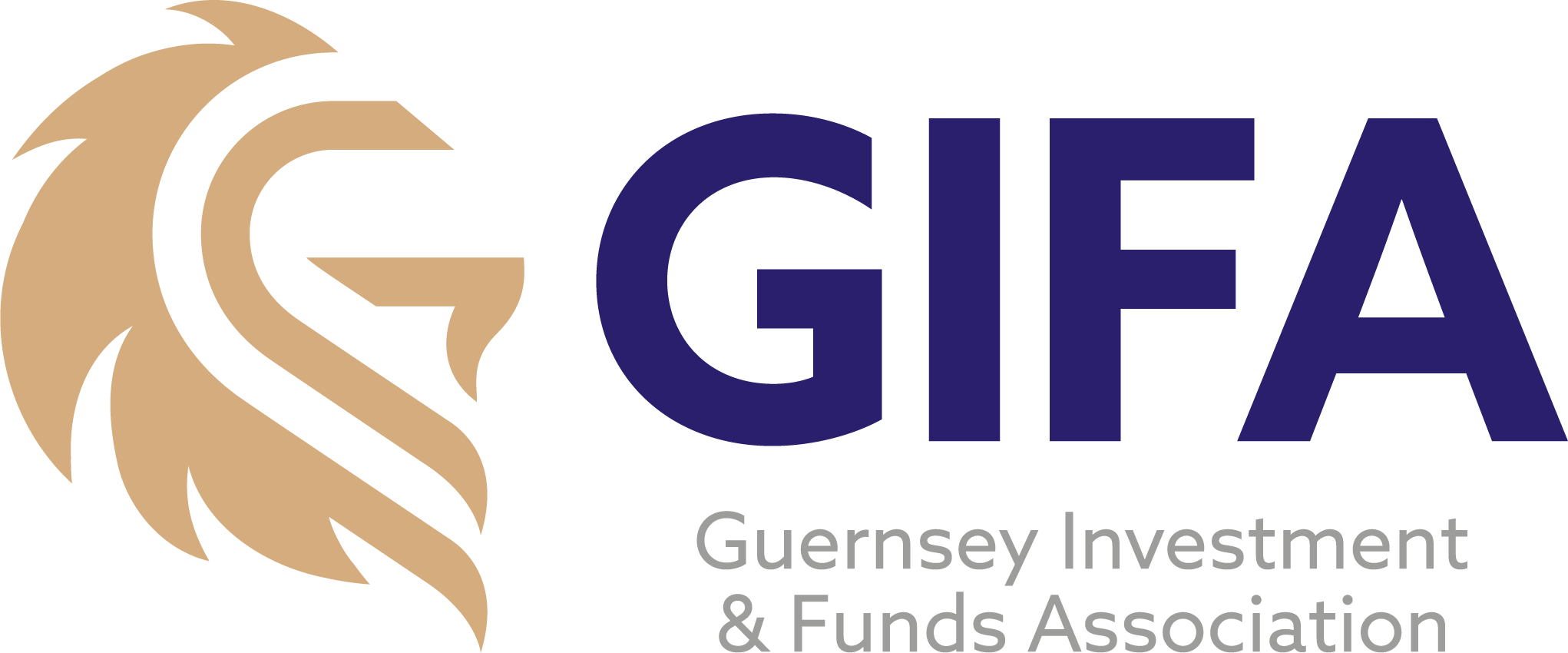First published in The Financial Times.
“Transition” has become a much bigger part of the discussion around sustainability and the path to net zero.
This is timely as investors and fund managers grapple between the reduction of carbon emissions in the real world and the carbon emitted from a fund portfolio’s company investments.
Currently it seems fund managers and companies are incentivised to divest their carbon-heavy assets and to report declining carbon emissions to show they are doing the “right” thing.
However, divesting and passing the emissions to another party, that may not be bound by regulatory requirements, does not address the issue – walking away from problems simply does not solve them.
The simple truth is that the success or failure of transitioning businesses to a more sustainable future, both for themselves and for the world, will define the world’s battle against climate change and how we achieve net zero collectively. But also, for investors, disorderly transitions will translate into volatile market valuations and may lead to mispricing or deratings.
This may ultimately have a detrimental effect in channelling all important investment capital to finding and realising the alternatives to the carbon producing traditional activities. Following on from the most recent climate report from the IPCC, the Energy Transitions Commission has published a new analysis putting the annual cost of reaching net-zero globally at $3.5bn or 1.3% of global GDP.
The Network for Greening the Financial System (NGFS), of which Guernsey is a member, proposes transition scenarios. They present different levels of transition risk linked to policy shifts and changing consumer preferences, and of physical risk including losses from climate events. Current climate policies put us in a “hot house” scenario, where we are continuing to increase emissions and are doing very little to avert risks.
A real risk to investors is the “disorderly” scenario. Here, net zero is reached by 2050 but with higher costs due to disjointed policies introduced across sectors and a quicker phase-out of fossil fuels. There is also a risk of a ‘delayed transition’. Here, global emissions do not decrease before 2030, fossil fuels prove difficult to displace, and far-reaching policies are implemented to limit global emissions. This leads to higher physical and transition risks, and financial risks for investors.
This is an area where Guernsey’s expertise comes to the fore. Already a global leader in the sustainable finance space, the jurisdiction published a report in association with Baringa Partners that identifies the vital role that the financial services industry can play in achieving a just transition to a net zero future.
The upside investment opportunities for Transition are often ignored. According to Ninety one Investment Institute’s latest paper on ‘disorderly transition’, there are five economically important, high-emitting sectors where successful transitions will generate powerful change. These are power, buildings, mobility, industry and agriculture which together generate more than 90% of global emissions. Each of these sectors is capital intensive with substantial fixed assets and long-standing business models. They are all central to global growth, which means any disruptions to their output will have a significant impact on the economy. Change will not be quick or easy.
Many of the solutions are coming from companies and industries currently responsible for high emissions in traditional ‘smoke-stack’ industries. They must be encouraged to accelerate these solutions, which will require funding to spur their transition to a low carbon world.
Ninety One Investment Institute further highlights the opportunities that exist across various financial services industry sectors and outlines a potential roadmap highlighting key steps spanning the next three decades, translating strategy into action, to accelerate the transition towards decarbonisation of the economy.
Transitioning the global economy to net zero emissions requires huge investment in new infrastructure solutions and production methods. The transition to net zero represents a substantial opportunity for product innovation, turning ‘brown’ activities to ‘green’. As a leading international finance centre and green finance hub, Guernsey can play a role disproportionate to its size in supporting the transition.
Market is calling for investors to ensure that these ‘transition investments’ have the capacity and the roadmap to reduce emissions in the long run. To do this, the most appropriate course of action firstly is to develop and adopt a transition finance and investment framework that consistently identifies which assets qualify as transition investments. In addition to the Guernsey Finance report, several leading organisations are developing transition framework and tools to assist companies in ensuring an orderly transition, such Mark Carney’s GFANZ “Financial Institution Net-zero Transition Plans – Fundamentals, Recommendations, and Guidance” or the Transition Plan Taskforce (TPT) which was launched by HM Treasury in April 2022. Other similar initiatives are joining the force, but more alignments are desired to help drive cross border capital flow.
These frameworks are still a work in progress, but the essence is to ensure that transition finance is not a free pass for investors to own high-emitting companies or sectors in their portfolios. Instead, responsible investors must distinguish between companies that may or may not have a credible transition plan and more importantly investors need to ensure that they capture the opportunities by investing for transition proactively.
